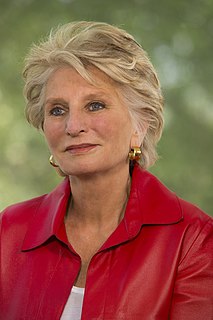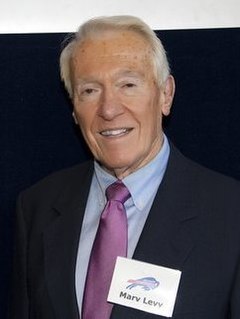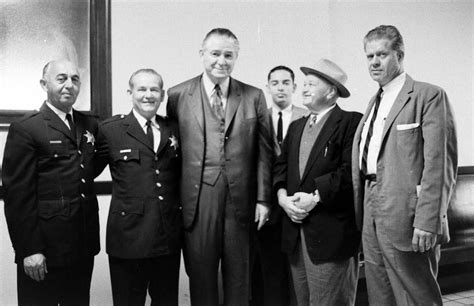A Quote by Rachel Lindsay
My dad is now a federal judge, but when he started off, he graduated from the top law school in Texas and couldn't get a job.
Related Quotes
I'm often asked why there is such a great variation among sentences imposed by Texas judges. I can only quote the Texas judge who was asked why a killer sometimes doesn't even get indicted and a cattle thief can get ten years. The judge answered: "A lot of fellows ought to be shot, but we don't have any cows that need stealin".

































